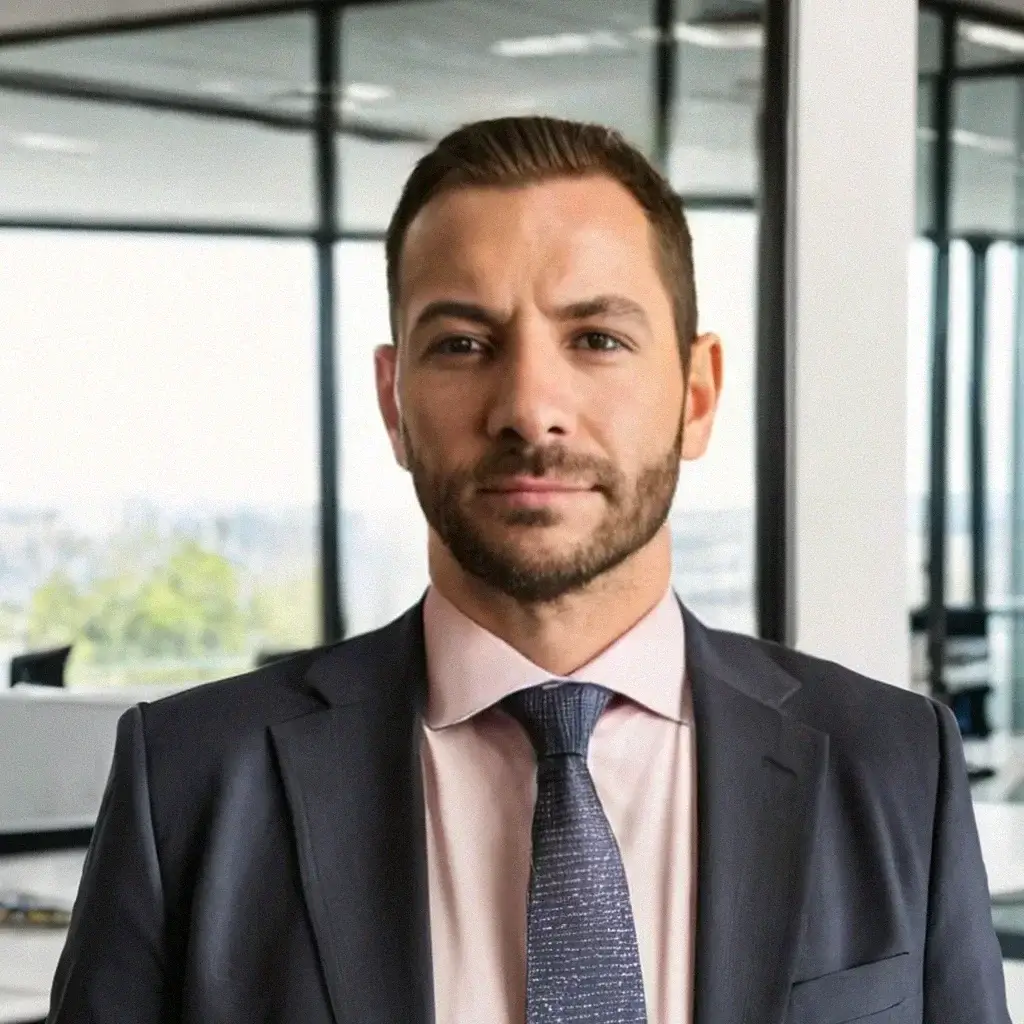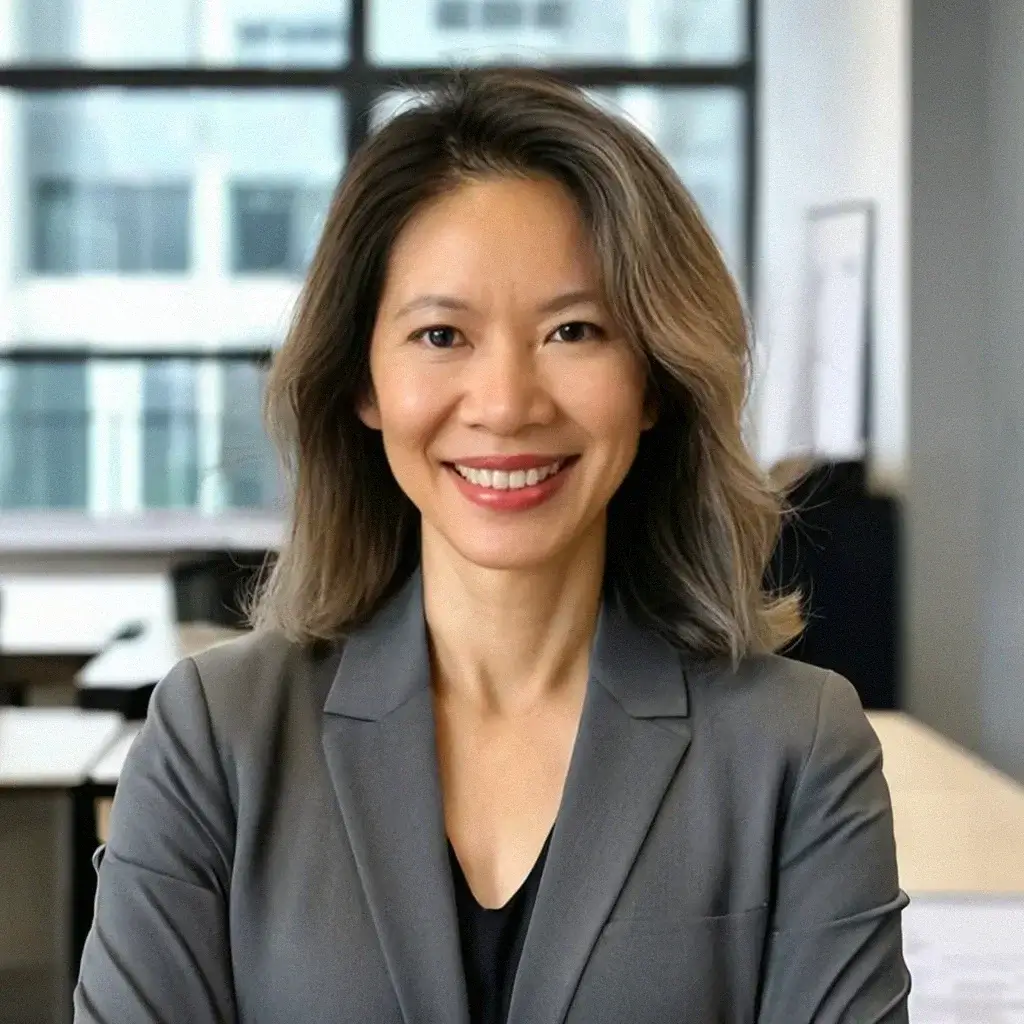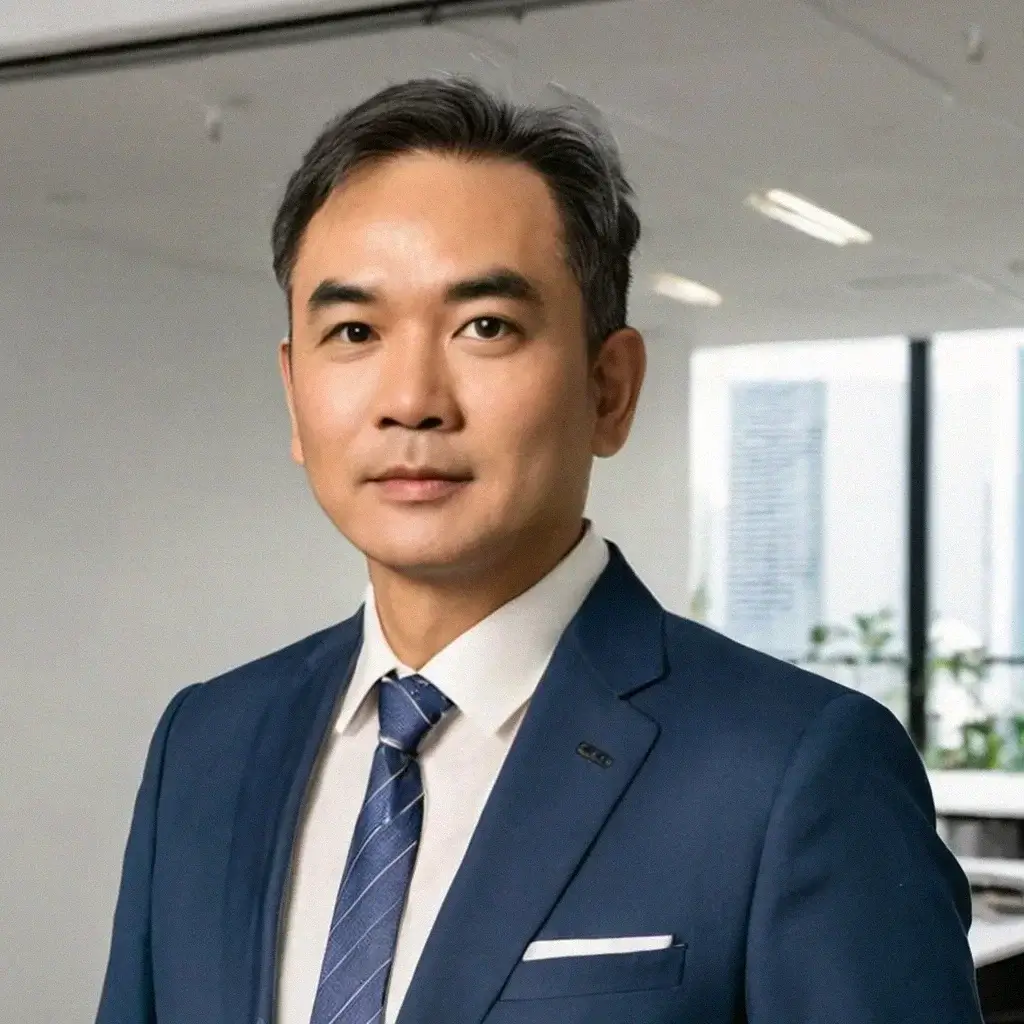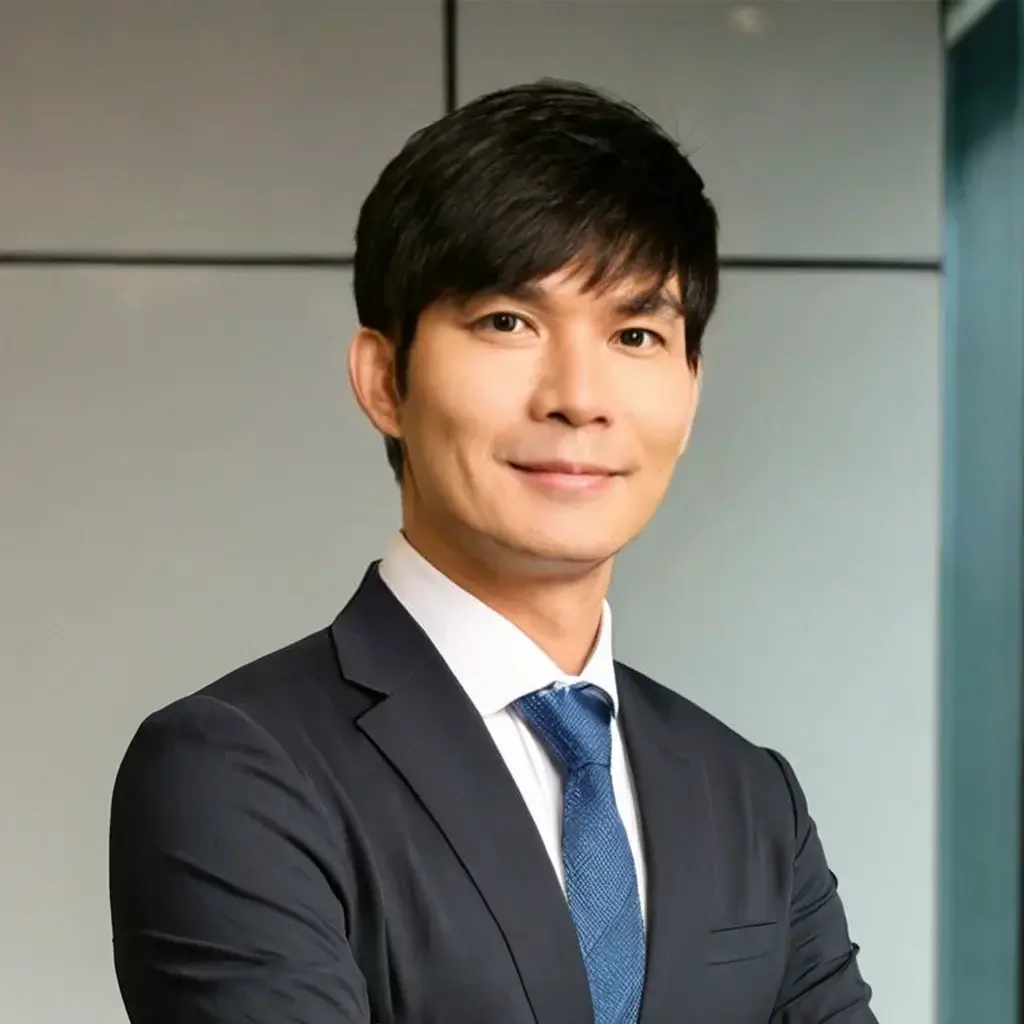Home › Intellectual property
Learn more about Intellectual Property in Singapore
Intellectual property (IP) protection is vital for businesses and individuals operating in Singapore. With a robust and internationally aligned legal framework covering trademarks, patents, copyrights, and trade secrets, ensuring compliance with Singapore’s IP laws is essential for protecting your innovations, brand identity, and creative assets. IP registration is overseen by the Intellectual Property Office of Singapore (IPOS), and the country is a signatory to key international treaties, including the Madrid Protocol, the Paris Convention, and the Patent Cooperation Treaty (PCT), enabling broad global protection. Singapore operates on a first-to-file basis, so timely registration is critical. Foreign and local businesses alike must ensure accurate documentation and stay vigilant in monitoring and enforcing their IP rights against infringement. At Themis Partner, our experienced IP lawyers assist with every aspect of IP strategy from registration and licensing to enforcement and dispute resolution. Whether you’re a startup protecting your first logo or an international brand securing your portfolio, we provide strategic, reliable IP protection in Singapore. Contact us today to protect your intellectual property.
Table of contents
-
How do I protect my intellectual property in Singapore?
-
What is the process to register a trademark in Singapore?
-
How does patent registration work in Singapore?
-
What types of intellectual property can I register with IPOS?
-
Can foreign companies register intellectual property in Singapore?
-
How do I enforce IP rights and handle infringement in Singapore?
-
What is the role of IPOS in Singapore’s IP protection system?
-
Is copyright registration required in Singapore?
-
How does Singapore’s first-to-file system affect trademark rights?
How do I protect my intellectual property in Singapore?
To protect your intellectual property (IP) in Singapore, it’s essential to understand the various types of IP and their corresponding protections. The protection of your IP begins with registration with the Intellectual Property Office of Singapore (IPOS) for trademarks, patents, designs, and other assets. By registering your IP, you establish legal rights to your creations and innovations. In addition to registration, monitoring your IP and enforcing your rights is crucial. This involves keeping an eye on any potential infringement, such as unauthorized use of your trademark or patent. If infringement occurs, taking legal action is necessary to protect your interests, which may include sending a cease and desist letter, filing complaints with authorities, or pursuing legal proceedings. Regularly reviewing and updating your IP portfolio is also important, especially when you expand your business, launch new products, or enter new markets. Seeking professional advice on IP strategy can help optimize your protection.
What is the process to register a trademark in Singapore?
The process to register a trademark in Singapore involves several steps:
| ➤ Conduct a Trademark Search: Before filing your trademark application, it's advisable to conduct a search to ensure that your trademark doesn’t conflict with any existing registered trademarks. This can be done through the IPOS database. |
| ➤ File the Application: Submit the application to IPOS. You will need to provide details of your trademark, including its visual representation, the goods or services it will represent, and other necessary documentation. |
| ➤ Examination: Once your application is submitted, IPOS will conduct an examination to ensure that it complies with the legal requirements. This includes checking for distinctiveness and ensuring there is no conflict with existing trademarks. |
| ➤ Publication: If the trademark passes examination, it will be published in the Trade Marks Journal. This allows other parties to object to the registration if they believe it conflicts with their rights. |
| ➤ Registration: If no objections are raised within the specified period, your trademark will be registered, and you will receive a certificate of registration. |
🔗 In Singapore, securing your brand identity is crucial, and registering a Trademark is an essential step to protect your business. This process helps you prevent others from using your logo, name, or symbol without permission.
How does patent registration work in Singapore?
1. Patent Registration in Singapore
In Singapore, patent registration protects inventions that are novel, non-obvious, and capable of industrial application. To begin the process, applicants must file a Patent Application with the Intellectual Property Office of Singapore (IPOS), including a detailed description, claims, and any necessary drawings. This must be done within 12 months of the invention’s first disclosure to preserve priority rights. Once submitted, IPOS conducts a formalities check and a substantive examination to assess whether the invention meets legal requirements. The criteria include novelty, an inventive step, and industrial applicability. If the application passes examination, the patent may be granted. Applicants are advised to consult a registered patent agent to ensure a smooth filing process.
2. Patent Protection and Maintenance
Once granted, a Singapore patent provides exclusive rights for up to 20 years, as long as annual maintenance fees are paid. The patent owner can prevent others from making, using, or selling the invention without permission. Failure to pay maintenance fees will result in the patent lapsing. Singapore’s participation in the Patent Cooperation Treaty (PCT) allows inventors to apply for international protection via a single application. This streamlines the process of filing patents in multiple countries. IPOS also provides a database to track application status and granted patents. For detailed guidelines and application support, visit the official IPOS website.
🔗 If you have developed a new and innovative product or invention, protecting your intellectual property with a Patent is key. A patent grants you exclusive rights, ensuring that no one else can legally exploit your invention.
What types of intellectual property can I register with IPOS?
1. Types of Intellectual Property Registered by IPOS
IPOS (Intellectual Property Office of Singapore) provides a platform to register various forms of intellectual property, safeguarding the unique creations of businesses and individuals. Trademarks protect the identity of your brand, including logos, names, and symbols used in commerce, ensuring no one else can use them without permission. Patents are granted for new, useful, and non-obvious inventions, providing exclusive rights to the inventor. Designs protect the visual appearance of products, such as their shape and patterns. Copyrights safeguard original works like books, films, music, and software, offering evidence of ownership, though registration is not mandatory.
2. Other Forms of Protection
IPOS also facilitates the registration of Geographical Indications (GI), which protect products unique to a specific geographical location, such as certain foods or wines. GI ensures that only products genuinely originating from a particular place can be marketed under that name. These forms of IP protection help businesses maintain a competitive edge, secure their market position, and avoid legal disputes. Registering IP with IPOS also supports businesses in expanding internationally, attracting investors, and licensing their innovations.
- Remarks:
Different types of IP require specific registration processes, and failing to register can expose your creations to infringement. Understand the protections available for trademarks, patents, designs, and copyrights. Seek legal advice for complex cases.
Can foreign companies register intellectual property in Singapore?
1.IP Registration for Foreign Companies in Singapore
Foreign companies can indeed register intellectual property (IP) in Singapore without restrictions on ownership. Singapore’s IP laws are designed to provide comprehensive protection for both local and international businesses, ensuring that innovations, trademarks, and patents are secure within the jurisdiction. To initiate the registration process, foreign entities must appoint a local agent who is authorized to file applications on their behalf and handle communications with the Intellectual Property Office of Singapore (IPOS).
2.Securing IP Protection for Foreign Businesses
By registering IP in Singapore, foreign companies can ensure that their intellectual property is legally recognized and enforceable in the country. This protection extends to innovations, trademarks, designs, and patents, helping businesses safeguard their competitive advantage. IP registration also enables companies to manage their rights effectively and take legal action if necessary.
How do I enforce IP rights and handle infringement in Singapore?
Protecting your intellectual property (IP) is crucial to maintaining your competitive edge and brand integrity. In Singapore, rights holders have several legal and administrative avenues to take action against infringement. The table below outlines the key enforcement options available and how they work.
| ➤ Cease and Desist Letter: A formal notice to the infringing party demanding that they stop using your IP and comply with legal rights. |
| ➤ Mediation (via IPOS): An alternative dispute resolution process offered by the Intellectual Property Office of Singapore (IPOS); aims to resolve IP disputes amicably and cost-effectively. |
| ➤ Court Action: Legal proceedings initiated in Singapore’s civil courts to enforce IP rights. You may seek remedies such as injunctions, monetary damages, or an account of profits. |
| ➤ Administrative Action by IPOS: Includes opposition to trademark registration, revocation, or invalidation proceedings. These are suitable for addressing certain types of IP issues quickly and without full litigation. |
- Remarks:
Failure to take timely action against IP infringement can lead to loss of rights. Consider using cease-and-desist letters, mediation, or court action based on the situation. Ensure that any legal measures are promptly pursued to secure your IP.
What is the role of IPOS in Singapore’s IP protection system?
1.Role of IPOS in Singapore's Intellectual Property System
The Intellectual Property Office of Singapore (IPOS) is the government agency responsible for managing and protecting intellectual property (IP) rights in Singapore. One of its primary roles is Registration, where IPOS oversees the process of registering patents, trademarks, designs, and other IP rights to protect the creations of businesses and individuals. Through this process, IPOS helps secure legal recognition for innovations and brands, fostering a competitive market environment.
2.Supporting IP Strategy and Dispute Resolution
In addition to registration, IP Advisory services are provided by IPOS to assist businesses and individuals in developing effective IP strategies. This helps them protect, manage, and maximize the value of their intellectual property assets. Dispute Resolution is another essential service offered by IPOS, providing mediation and alternative dispute resolution services to resolve conflicts related to intellectual property. Furthermore, IPOS is involved in Policy Development, working to align Singapore’s IP system with international standards and best practices. This ensures that the IP system remains transparent, accessible, and conducive to innovation.
Is copyright registration required in Singapore?
1.Copyright Protection in Singapore
In Singapore, copyright protection is automatically granted as soon as an original work is created and fixed in a tangible medium, such as a book, film, music, or artwork. This means that you do not need to register your work with IPOS or any other authority for it to be protected. Copyright applies to a wide range of creative works, ensuring that creators have exclusive rights to their work, including the right to reproduce, distribute, and display it. The protection begins the moment the work is created, and it lasts for the lifetime of the creator plus 70 years after their death. This automatic protection helps ensure that creators’ intellectual property is secure from the moment it is fixed in a tangible form.
2.Benefits of Copyright Registration
While copyright protection is automatic in Singapore, registering your work with IPOS provides several key benefits. Firstly, it serves as evidence of ownership, which is crucial in case of any legal disputes or infringement. This proof can be essential in court proceedings if your rights are challenged. Furthermore, copyright registration makes it easier to license or assign your rights to others, whether for commercial purposes, collaborations, or partnerships. It can streamline negotiations and ensure that all parties are clear on the ownership and terms of use. Additionally, having a registered copyright may increase the value of your intellectual property, providing greater protection and peace of mind.
🔗 A Copyright protection in Singapore is automatic once an original work is created. However, registering your copyright with the Intellectual Property Office of Singapore (IPOS) can offer additional benefits, including proof of ownership in case of legal disputes.
How does Singapore’s first-to-file system affect trademark rights?
Singapore follows a first-to-file trademark system, which means that the first person to file a trademark application with the Intellectual Property Office of Singapore (IPOS) obtains the legal rights to that mark even if someone else used it earlier in commerce. This makes early registration critical for brand protection. The table below outlines key facts and implications of this system:
| ➤ Trademark System Type: First-to-File rights go to the first person who registers the trademark with IPOS. |
| ➤ Contrast with First-to-Use: In a first-to-use system (used in countries like the US), rights are granted to the party that first used the trademark in commerce. |
| ➤ Implication for Businesses: Businesses must register trademarks early to secure legal rights and avoid future disputes. |
| ➤ Risk of Delay: Delaying registration increases the risk of someone else registering a similar or identical mark. |
| ➤ Priority Principle: The filing date is crucial; earlier applications have priority even if the mark was not in use. |
| ➤ Applicable Authority: Trademark applications are submitted to the Intellectual Property Office of Singapore (IPOS). |
| ➤ Recommended Action: Conduct a trademark search and file for protection as early as possible, ideally before market launch. |
Conclusion
In conclusion, intellectual property (IP) protection is essential for safeguarding innovation, brand identity, and creative assets for businesses and individuals in Singapore. With a strong and internationally aligned legal framework, Singapore provides an environment conducive to IP rights protection. Registering trademarks, patents, copyrights, and other assets with IPOS establishes clear legal rights and ensures defense against infringements. Businesses must remain vigilant and proactive in monitoring their rights, especially when dealing with infringement issues. As a signatory to international treaties, Singapore facilitates global IP protection. Timely filing is crucial as the country operates on a first-to-file system. Themis Partner supports clients throughout this process, from registration to enforcement, offering legal expertise to ensure the security and compliance of intellectual assets.
Ask our Lawyers
Ask your question and receive legal advice from a qualified lawyer
310 client reviews (4.8/5) ⭐⭐⭐⭐⭐
Share information




